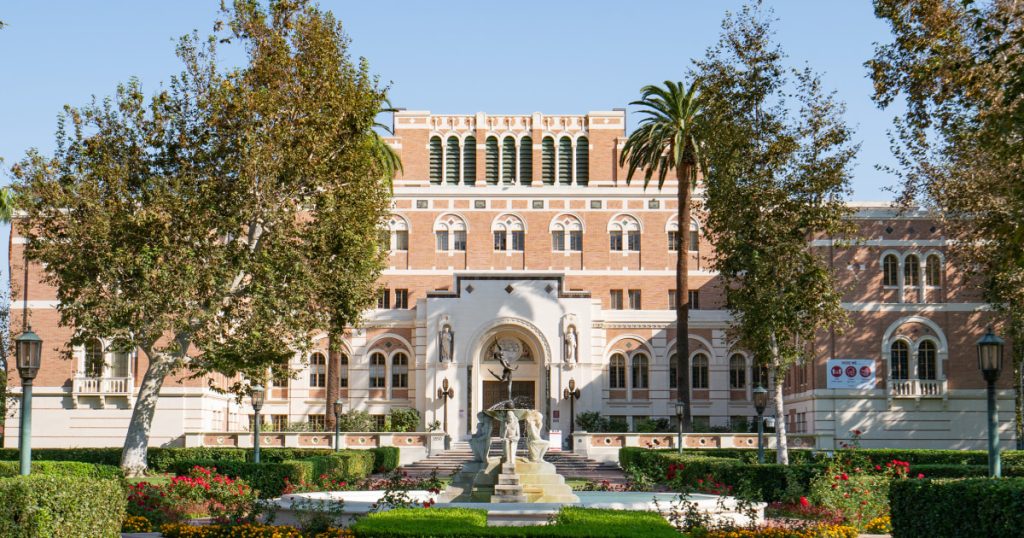The University of Southern California canceled its valedictorian, Asna Tabassum’s commencement speech due to security concerns related to tensions over the ongoing conflict in the Middle East. Tabassum, a first-generation South Asian-American Muslim, expressed shock and disappointment at the decision, stating that the university was succumbing to a campaign of hate meant to silence her voice.
The decision to cancel Tabassum’s speech came after two pro-Israel and Jewish groups complained to USC about her social media activity. Her Instagram account linked to a slideshow promoting awareness of the situation in Palestine and calling for the abolition of the state of Israel. Trojans for Israel denounced this as antisemitic bigotry, leading to concerns about security and disruption at the commencement ceremony.
Tabassum, a major in biomedical engineering and a minor in resistance to genocide, said she had hoped to use her commencement speech to inspire her classmates with a message of hope. By canceling her speech, she believed USC was caving to fear and rewarding hatred. The decision to cancel her speech was based on concerns over safety and security, with USC Provost Andrew Guzman emphasizing that there is no free-speech entitlement to speak at a commencement ceremony.
The cancellation of Tabassum’s speech has sparked condemnation from leading Muslim group CAIR-LA, which denounced USC’s decision as cowardly and disingenuous. The group accused the university of engaging in Islamophobia and anti-Palestinian racism, stating that attacks on Tabassum were thinly-veiled manifestations of these biases. The ongoing conflict in the Middle East has generated strong feelings on college campuses, leading to allegations of antisemitism and Islamophobia.
Guzman, in his announcement, did not single out any side of the conflict, instead emphasizing the need to maintain campus security and safety. He cited harassment and violence on other campuses as a factor in the decision to cancel Tabassum’s speech. While acknowledging the disappointment of canceling the speech, Guzman stated that tradition must give way to safety.
Despite Tabassum’s claims that the university had the resources to ensure safety measures for her speech, she was told this would not be happening. USC denied these claims, stating that the allegation was not accurate. The situation reflects the broader challenges facing college campuses in navigating sensitive issues related to the conflict in the Middle East, freedom of speech, and ensuring the safety and security of all individuals involved in such discussions.















